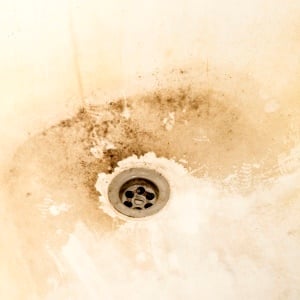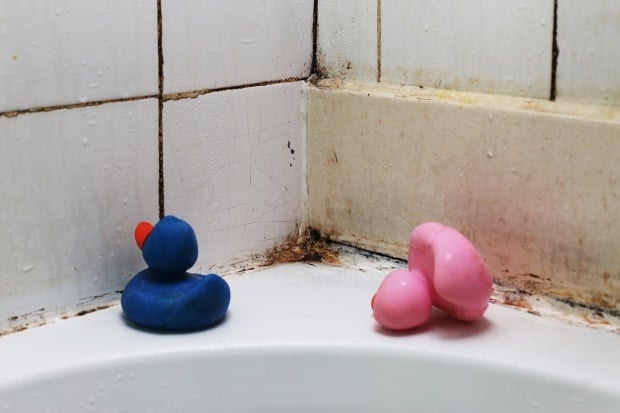
The skin is the largest organ in the human body with an area of approximately two square metres and forms the barrier between our internal organs and the outside environment.
We need to take care of our skin to keep it healthy and one of the most important ways to do that is to keep it clean.
Despite our current obsession with cleanliness, our skin still takes quite a beating, and is prone to a number of diseases and afflictions like acne, sunburn, cold sores, psoriasis and fungal infections, to name but a few.
Fungal infections
Most of us are familiar with superficial fungal infestations that occur as infections of the skin and nails. They are caused by fungi that are everywhere around us. Fungal infections of the skin and nails affect 20–25% of the world's population.
Common fungal infections in humans include:
- Athlete’s foot
- Vaginal yeast infection
- Jock itch
- Ringworm
- Tinea versicolor (small, discoloured patches of skin)
- Onychomycosis (fungal infection of toenails or fingernails)
Warm, moist conditions
According to a previous Health24 article, fungi thrive in warm, moist conditions, which makes bathrooms the ideal place for fungi and mould (a kind of fungus) to grow.
Bathroom fungus usually appears in the form of black mould spots and patches on ceilings and walls, and on the grouting between tiles.
How dangerous is mould?
There are thousands of different strains of mould, but only a few produce toxins. The most notorious is the so-called “black mould” (Stacybotrys chartarum).
However, according to the Centers for Disease Control and Prevention, there is no test at present that proves an association between black mould and particular health symptoms.
The article further states that mould exposure does not always present a health problem indoors. Sensitive people may, however, experience symptoms such as nasal stuffiness, eye irritation, wheezing or skin irritation.
Some people may have more severe reactions to moulds, and immunocompromised persons and persons with chronic lung diseases like COPD are at increased risk for opportunistic infections and may develop fungal infections in their lungs.
You need to be susceptible
No one likes a dirty bathroom, whether it involves wet, slimy floors, rings in the bathtub or mould in the corners and on the walls.
But, while fungal organisms growing in your bathroom may cause disease in susceptible people, they appear to be unlikely to cause any of the infections mentioned above.
This is because infections like candidiasis and ringworm tend to spread by means of contact with the infected area, and most fungal infections develop from fungi found naturally on the human body or in the environment.
The fact that fungi are literally everywhere also goes against the dirty bathroom theory. Generally speaking, people who are otherwise healthy are less susceptible to fungal infections.
Good hygiene, keeping your skin dry, and changing your socks and underwear every day can also help prevent fungal problems.
Image credits: iStock




 Publications
Publications
 Partners
Partners
















